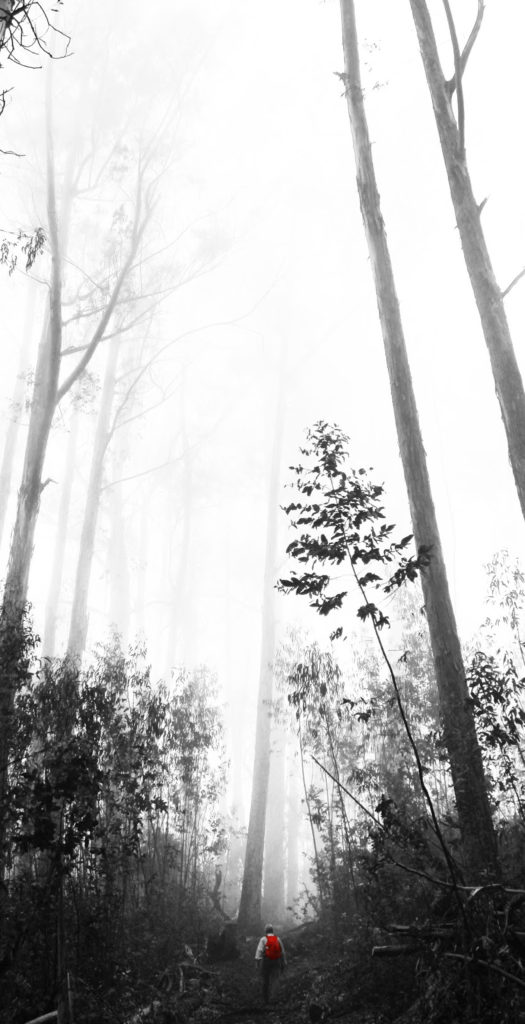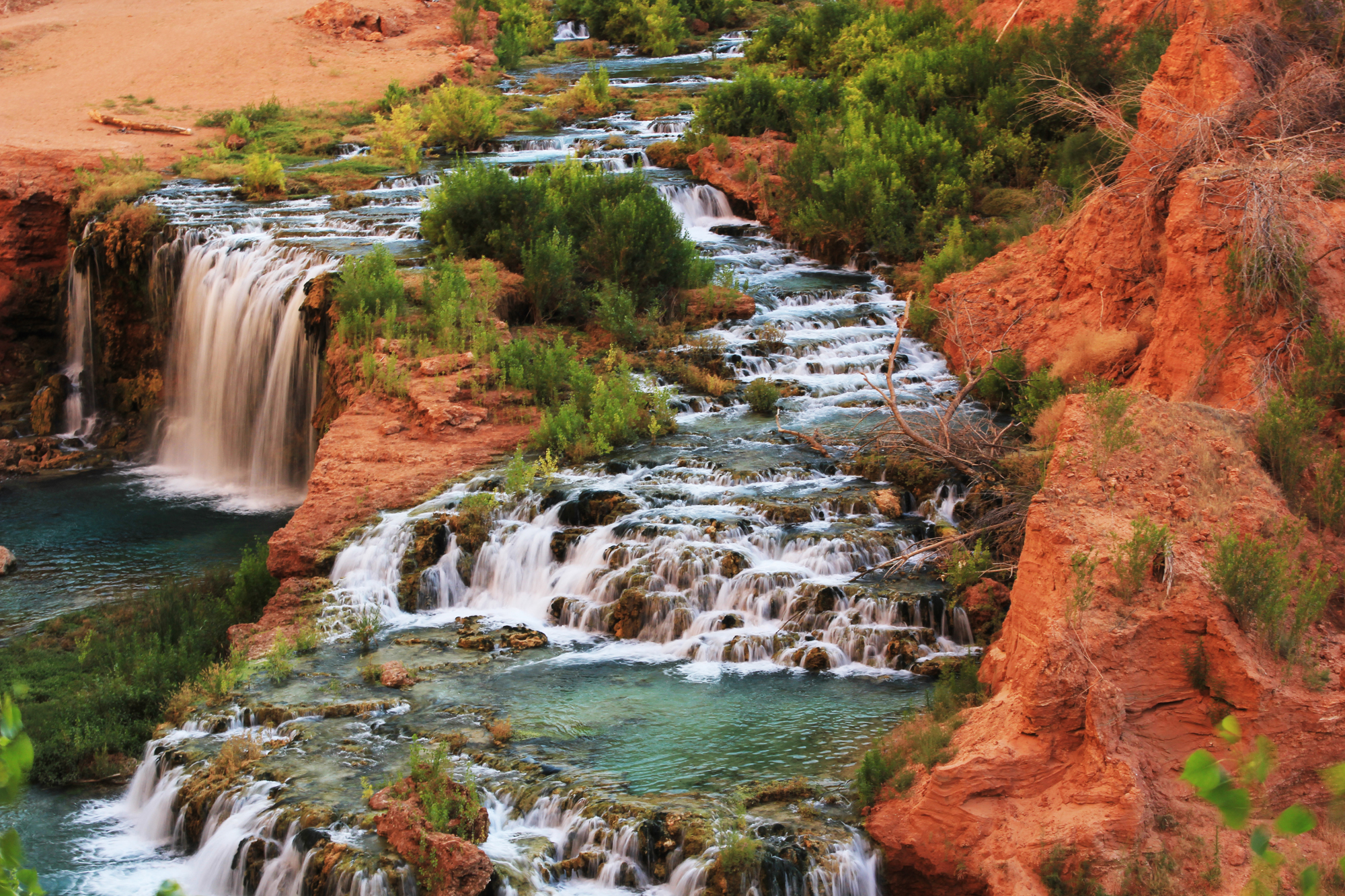Pack Compares. No two packs are the same in comfort or in weight. Often times comfort is sacrificed to reduce weight.
In my experience, reducing weight is far more important, the longer your trek. Especially kicking through sandy trails, doing switchbacks at high altitude, trudging in the heat, stepping up endless rock stairways, or generally clicking away 10 miles or more a day.

I have backpacked many years, many miles, and with a wide selection of gear. In a pack I evaluate and rate based on several factors.
(1) Weight is my main factor. The dry weight must be in the 2lb range.
(2) Comfort is next
(3) The pack must have accommodations for a bladder. i.e. a compartment or pouch, and a slit in the pack to extend the bite valve and tubing through. Tube attachments on the straps are a plus.
(4) Pack must contain many external pockets. Preferably zippered compartments to prevent loss. Also enough external compartments that I can access most of my items without digging through the pack. If my tent, sleeping pad, and sleeping bag, can fit in the main compartment, and I can spread my other items to the external pockets, that is ideal. The type that incorporates a break-a-way day pack is beneficial.
(5) Must have a padded hip belt for distributing most of the load on the hips.
(6) Prefer padded shoulder straps and a quick-release breast strap.
(7) New on the market are swivel pack to waist belt. Reports of one on a 2017 came back very favorable on a 40+ lb pack weight.
As a comparison of the packs I morphed from and to. My original carbon fiber external frame pack, was extremely comfortable short term. (Which is very deceptive when trying on in a sporting goods store). I even had extra quick connect straps attached all over, to strap down my tent, bag, and pad. I used this system for a good decade.
But long term, and long miles, the extra weight of the dry pack takes its toll when factored into total pack weight. Simply changing choice of packs, and no other gear, shaved 6.5lbs off my total carry weight. I then went to a ultralight bag and tent. It was easy to drop 15 lbs. Expensive though.
Taking this approach to everything you stuff in your backpack. You will soon be rewarded with a pack of less that 25lbs verses 40 or 50 lbs. Believe me….after 10 or 12 miles of backpacking you will definitely notice the difference.
Backpacks
Those that have a knack for writing, and have true life experiences with other packs, we would like to hear from you. Send us something short and with some photos. Email to: info@toponautic.com
![]()
